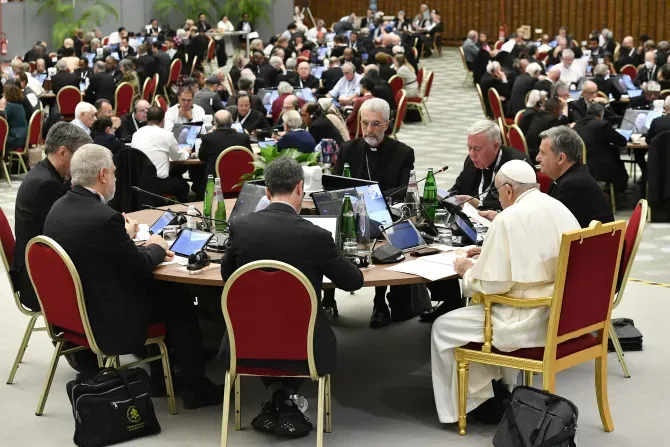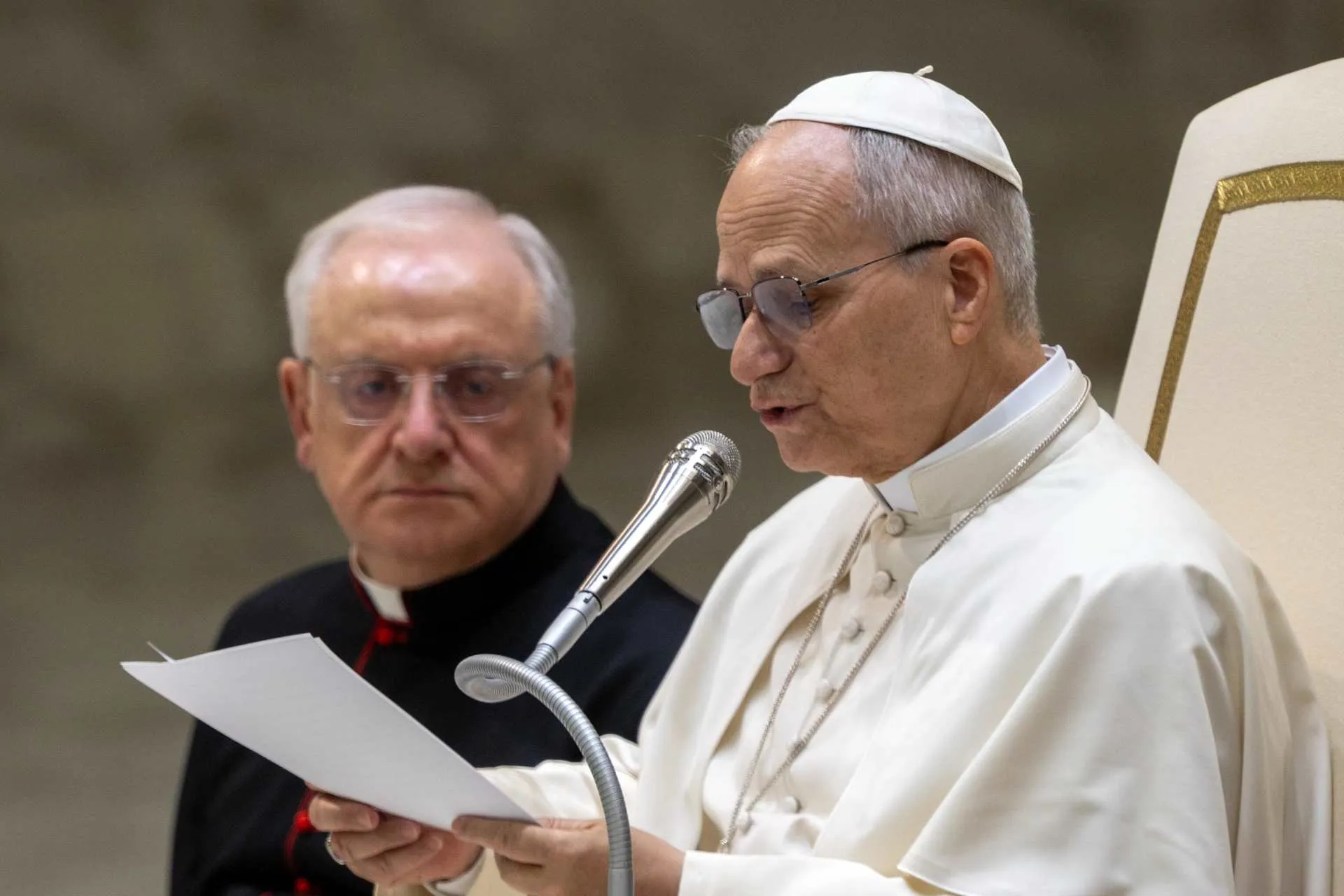Vatican City, 27 October, 2023 / 9:25 pm (ACI Africa).
As the final week of this year's gathering unfolds amid increasingly contentious discussions, anticipation is rising for the publication of the Synod on Synodality’s summary report.
Paolo Ruffini, prefect of the Vatican Dicastery for Communication, captured this spirit of anticipation, speaking about the prospect of a "concise and discursive document" to summarize the first leg of this synodal journey. The Vatican spokesman has previously explained that the synthesis report would be written by “the experts” attending the Synod.
Synthesis report: A vision for the Church?
While subject to many potential changes, the document is expected to be about 40 pages long — and to focus on what makes a synodal church, on the equal dignity of all the baptized, and on how the synodal method is intended to renew Catholic communities.
While undergoing a rigorous voting process, as the Vatican has repeatedly confirmed, it also will draw on the previous documents that paved the way for the synodal process, such as the continental stage of the Synod.








